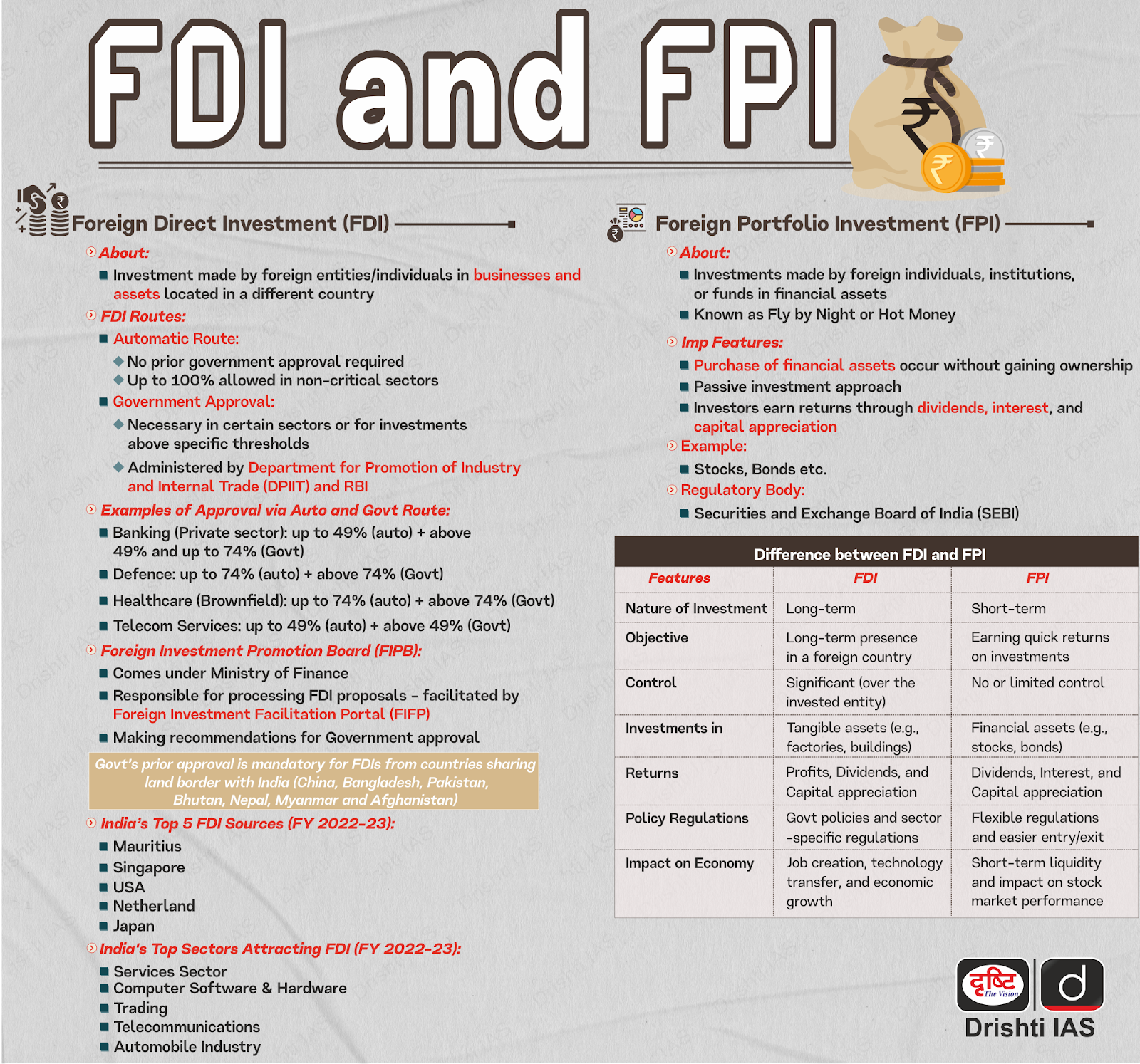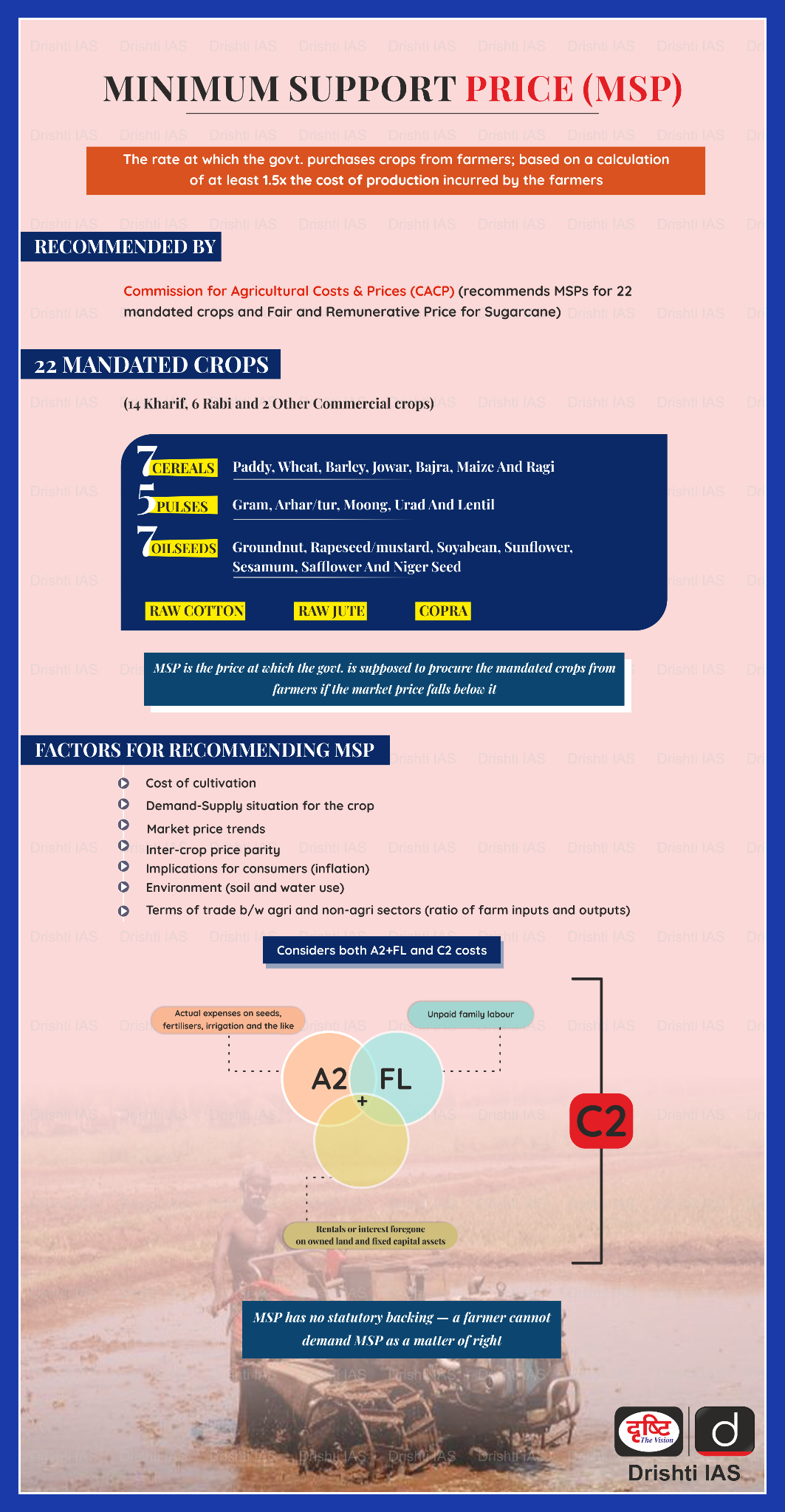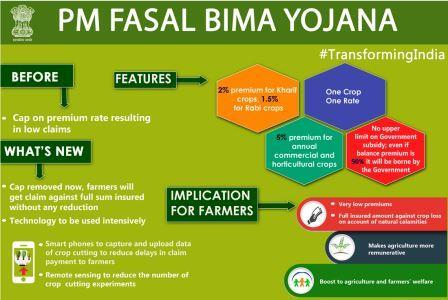Rajasthan Switch to Hindi
Surya Namaskar Mandatory in All Rajasthan Schools
Why in News?
The state government has made Surya Namaskar mandatory for 10 minutes during the prayer meeting or assembly in the morning at all government and private schools across Rajasthan.
Key Points
- This was made official by the education minister while speaking at an event organised by the education department on the occasion of Surya Saptami.
- During the event, 1.33 crore people from across the state performed Surya Namaskar.
- A record of the event has been submitted to the World Book of Records, London.
Surya Saptami
- It is also known as Ratha Saptami. It is an annual Hindu festival that is dedicated to Surya, the sun god.
- It is made of two words- ‘Ratha’ means Chariot and ‘Saptami’ means seventh.
- A one-day Brahmotsavam is held in Tirumala (Andhra Pradesh) on this day.
- It marks the birth of Surya and is referred to as Magha Saptami as it falls on the seventh day (Saptami) of the Hindu month Magha.
- Surya Saptami also marks the change of season to spring and the start of the harvesting season.
Uttar Pradesh Switch to Hindi
UP Received Four Times more FDI in 2019-23 than in 2000-17
Why in News?
Recently, Uttar Pradesh Chief Minister inaugurated the 'UP: An Emerging Destination for Foreign Investment in India" conference.
Key Points
- During the conference, the CM informed that UP received four times more Foreign Direct Investment (FDI) in 2019-23 in comparison to 2000-2017.
- According to the official statement, the state government will fulfill the targets set for UP by the Prime Minister in a time bound manner.
- The state has changed its image in the last 6-7 years. Seven years ago, UP used to be the BIMARU state of the country.
- According to the CM, the increased investment is the result of improved law and order situation.
BIMARU
- It is an acronym for Bihar, Madhya Pradesh, Rajasthan and Uttar Pradesh, a grouping of states that have historically lagged in economic and social indicators.
- These states are characterised by high levels of poverty, low literacy rates, and poor infrastructure.
- There are a number of factors that have contributed to this, including:
- Lack Of Investment: These states have historically received less investment from the central government than other states in India. This has led to a lack of infrastructure development, which has made it difficult for businesses to operate in these states.
- Poor Governance: The BIMARU states have also been plagued by poor governance. This has resulted in corruption, nepotism, and a lack of transparency. This has made it difficult for businesses to operate in these states and has also discouraged investment.
- High Population Growth: The BIMARU states have also experienced high population growth rates. This has put a strain on resources and has made it difficult for the governments of these states to provide basic services to their citizens.
Uttar Pradesh Switch to Hindi
UP Emerging as Country’s Growth Engine
Why in News?
According to the Uttar Pradesh Chief Minister, the ‘new Uttar Pradesh’ is emerging as the growth engine of the country. It is transitioning from being ‘Uttam Pradesh’ to becoming ‘Udyam Pradesh’.
Key Points
- Uttar Pradesh has 55% of the country’s expressways and also has the highest number of airports.
- Uttar Pradesh has set an ambitious goal of becoming a one trillion dollar economy.
- To achieve this, the state is focusing on enhancing skill development, scaling up industries, and accelerating growth.
- According to the CM, Uttar Pradesh is on the path to transform India’s labour force into an economic powerhouse.
Haryana Switch to Hindi
Haryana Budget Session: Before 2024 Assembly Polls
Why in News?
Haryana CM Manohar Lal Khattar, who also holds the finance portfolio, is expected to present his fifth successive budget estimates before the legislature on February 23, 2024.
Key Points
- The opposition has decided to bring a no- confidence motion against the ruling alliance.
- The demand of farmer organisations to seek statutory backing for the Minimum Support Price (MSP) for crops is likely to be a dominant feature of the proceedings.
- In March 2021, the opposition had brought a motion of no-confidence against the coalition government which the ruling combine sailed through comfortably, getting 55 votes out of 87 MLAs present and voting in the House.
- The motion was brought amid dissension among the MLAs of the ruling alliance over the enactment of three central farm laws and the protests by the farmers.
No-Confidence Motion
- This is a motion moved in the Lok Sabha (and not in the Rajya Sabha) to test the confidence of the government.
- The motion needs the support of 50 members to be admitted.
- If a no-confidence motion is passed, the government must resign.
- No-confidence motions are significant political events that usually occur when there is a perception of the government losing majority support.
Budget
- It is the government’s blueprint on expenditure, taxes it plans to levy, and other transactions which affect the economy and lives of citizens.
- According to Article 112 of the Indian Constitution, the Union Budget of a year is referred to as the Annual Financial Statement (AFS).
- The Budget Division of the Department of Economic Affairs in the Finance Ministry is the nodal body responsible for preparing the Budget.
Haryana Switch to Hindi
Haryana: Dedicated to Farmers' Welfare
Why in News?
According to Governor Dattatreya, the government has always given top priority to the welfare and upliftment of the poor, farmers, youth and women.
Key Points
- The government is tirelessly working for the all-round, all-encompassing and inclusive development of the state based on education, health, security, self-reliance, self respect, service and good governance.
- Under the Pradhan Mantri Kisan Samman Nidhi Yojana, an amount of ₹4,157.73 crore has been directly deposited into the accounts of 19.94 lakh farmers of the state in the last four years.
- The state government has set a unique example by purchasing 14 crops at the Minimum Support Price (MSP).
- A sum of ₹90,000 crore has been directly deposited into the accounts of the farmers registered on the 'Meri Fasal Mera Byora' portal while ₹836.12 crore has been deposited into the bank accounts of the bajra producing farmers under the Bhavantar Bharpai Yojana.
- Under the Prime Minister Crop Insurance Scheme, claims worth about ₹8,178 crore have been given to 32.06 lakh farmers whose crops were damaged.
- The government has implemented the natural farming scheme to protect soil health from degradation and discourage the use of hazardous pesticides.
- Under the 'Mera Pani-Meri Virasat' scheme, a financial assistance of about ₹117.22 crore has been provided at the rate of ₹7,000 per acre for sowing alternative crops instead of paddy across 1.72 thousand acres of land.
- The governor said the farmers, who repay their loans on time, have been granted the facility of interest-free crop loans.
- The state government has notified the Haryana Ex-Situ Management of Paddy Straw Policy, 2023, to make stubble a source of income for the farmers and to protect the environment.
- This policy will focus on increasing private investment in straw-based projects and ensuring the use of straw by incentivizing the farmers.
- The target is to eliminate the problem of crop residue burning by 2027 under this policy.
- The government has gone beyond the individual identity card 'Aadhaar' and made a system of identification of the family in the form of 'Parivar Pehchan Patra', making it a medium to deliver benefits of government schemes to every family.
- Government has launched a strong campaign against corruption.
- In 2023, the Anti-Corruption Bureau registered 205 cases, conducted 152 raids and arrested 186 government employees, including 30 gazetted officers, 156 non-gazetted officers and 40 private persons.
- The governor said the government is making efforts to increase the number of women police personnel in the Haryana Police from 10 to 15%.
Parivar Pehchan Patra (PPP) Scheme
- The PPP scheme was formally launched in July 2019 to achieve Haryana government’s vision for ‘paperless’ and ‘faceless’ delivery of schemes, services and benefits offered by the state government.
- Under this, each family is considered a single unit and gets an 8-digit unique identification number, called family ID.
- Family IDs are also linked to independent schemes like scholarships, subsidies and pensions, so as to ensure consistency and reliability.
- It also enables automatic selection of beneficiaries of various schemes, subsidies and pensions.
- The primary objective of Parivar Pehchan Patra (PPP) is to create authentic, verified and reliable data of all families in Haryana.
Pradhan Mantri Kisan Samman Nidhi
- It was launched on 24th February, 2019 to supplement financial needs of land holding farmers.
- Financial benefit of Rs 6000/- per year in three equal installments, every four months is transferred into the bank accounts of farmers’ families across the country through Direct Benefit Transfer (DBT) mode.
- It is a Central Sector Scheme with 100% funding from the Government of India.
- It is being implemented by the Ministry of Agriculture and Farmers Welfare.
Pradhan Mantri Fasal Bima Yojana
- It was launched in 2016 and is being administered by the Ministry of Agriculture and Farmers Welfare.
- It replaced the National Agricultural Insurance Scheme (NAIS) and Modified National Agricultural Insurance Scheme (MNAIS).
- Farmers including sharecroppers and tenant farmers growing notified crops in the notified areas are eligible for coverage.
Madhya Pradesh Switch to Hindi
Madhya Pradesh Tables First State Budget Under CM Mohan Yadav
Why in News?
Recently, Madhya Pradesh Deputy Chief Minister and Finance Minister, Jagdish Devda, presented the interim budget (vote-on-account) for FY 2024-25 for approximately Rs 1 lakh 45 thousand crore in the assembly.
Key Points
- The first interim budget of CM Mohan Yadav is only for four months (1st April to 31st July, 2024) to manage its expenditure in various schemes.
- The amount allotted in the interim budget will be merged with the full budget likely to be tabled in July 2024.
- The fiscal budget (full budget) of the state for FY 2024-25 is estimated to be approximately 3 lakh 48 thousand nine hundred and eighty-six crore.
- The interim budget for four-months is to take care of expenditure alone and there are no new items or fresh proposals in the budget.
Vote on Account
- A vote on account, as defined by Article 116 of the Indian Constitution, is a grant in advance for the central government to meet short-term expenditure needs from the Consolidated Fund of India, generally lasting for a few months till the new financial year kicks in.
- During an election year the Government either opts for ‘interim Budget’ or for ‘Vote on Account’ as after the election the Ruling Government may change and so the policies.
- No amendment can be proposed to an Appropriation Bill which will have the effect of varying the amount or altering the destination of any grant so made or of varying the amount of any expenditure charged on the Consolidated Fund of India, and the decision of the Lok Sabha Speaker as to whether such an amendment is admissible is final.
- It ensures the smooth functioning of the government and public services until the regular budget is approved.
Consolidated Fund of India
- It was constituted under Article 266 (1) of the Constitution of India.
- It is made up of:
- All revenues received by the Centre by way of taxes (Income Tax, Central Excise, Customs and other receipts) and all non-tax revenues.
- All loans raised by the Centre by issue of Public notifications, treasury bills (internal debt) and from foreign governments and international institutions (external debt).
- All government expenditures are incurred from this fund (except exceptional items which are met from the Contingency Fund or the Public Account) and no amount can be withdrawn from the Fund without authorization from the Parliament.
- The Comptroller and Auditor-General of India (CAG) audits the fund and reports to the relevant legislatures on the management.




%20MPPCS%202025%20Desktop%20E.jpg)
%20MPPCS%202025%20Mobile%20E%20(1).jpg)










.png)
.png)











 PCS Parikshan
PCS Parikshan




